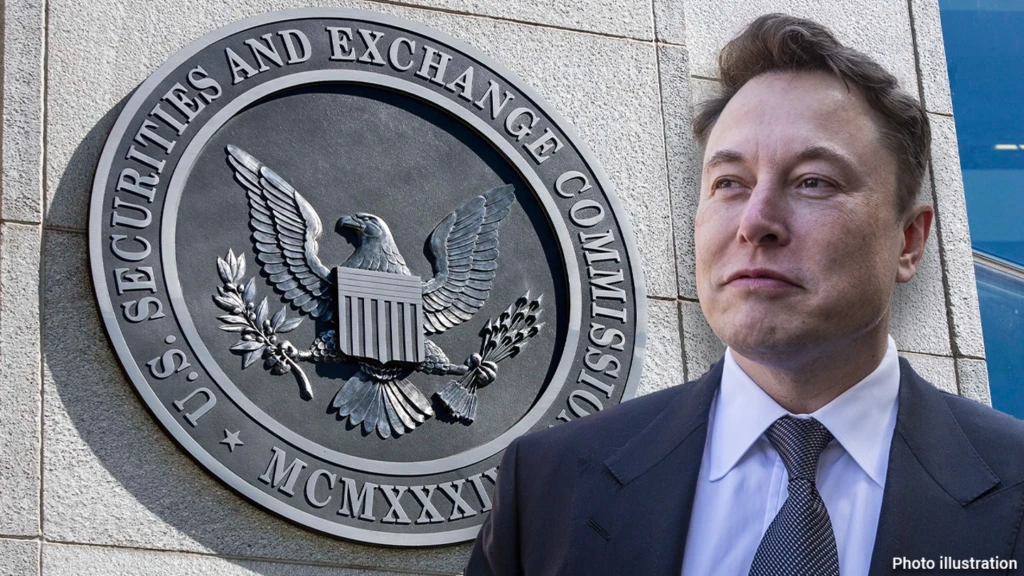Elon Musk SEC lawsuit dismissal is now at the center of a heated legal battle as the billionaire seeks to throw out the regulator’s case over his delayed disclosure of Twitter stock purchases.
In a filing submitted Thursday, Musk’s legal team urged a federal judge to dismiss the Securities and Exchange Commission’s civil lawsuit, arguing that the claims amount to regulatory overreach and an effort to “target an individual for his protected criticism of government.”
The SEC first filed its case on January 14, alleging that Musk violated federal securities law by missing the mandatory 10-day deadline to disclose when his stake in Twitter exceeded 5%. Instead of revealing his position by March 24, 2022, Musk disclosed it 11 days later, on April 4—by which point he had accumulated a 9.2% stake, valued at more than $500 million.
According to the lawsuit, Musk’s delay allowed him to purchase additional shares at lower prices, profiting before his disclosure sent Twitter stock higher. The SEC contends this constitutes an unfair trading advantage. In their court response, Musk’s lawyers countered that he had stopped buying shares before filing and made his disclosure “one business day after his wealth manager consulted securities disclosure counsel.”
“The SEC’s complaint reveals an agency targeting an individual for his protected criticism of government overreach,” Musk’s attorneys wrote in the filing, adding that the alleged violation was “fully corrected” upon discovery.
The case carries wider implications as Musk continues reshaping X, formerly Twitter, into what he describes as a “super app” that will combine social media with payments, investments, and digital asset trading. X CEO Linda Yaccarino said earlier this year that the company aims to create “a whole commerce ecosystem and a financial ecosystem” within the platform.
If successful, Musk’s legal challenge could limit the SEC’s enforcement reach, while an adverse ruling may force him to pay civil fines and surrender profits tied to the delayed disclosure. The regulator has not yet issued a public response.

